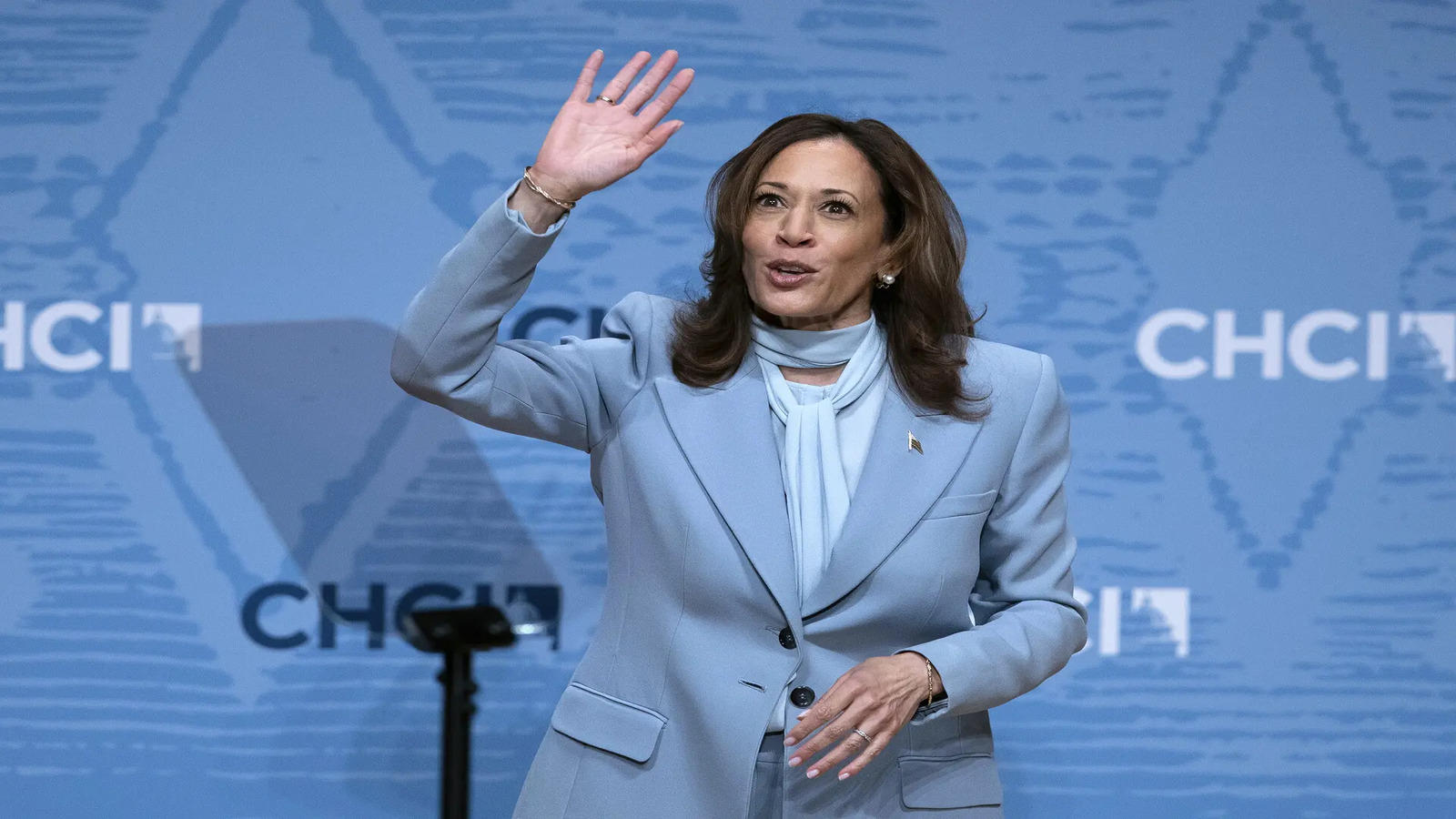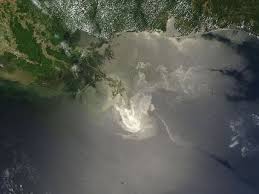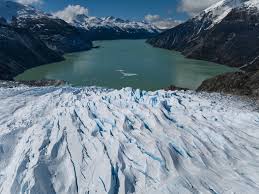As the southeastern U.S. faces recovery challenges after two devastating hurricanes linked to climate change, environmental advocates are calling on Kamala Harris to clarify her climate strategy.
In the wake of Hurricanes Helene and Milton, Harris has criticized Donald Trump’s record on climate issues, featuring a campaign ad that highlights the former president’s infamous moment of redrawing a hurricane's path and his history of climate misinformation and withholding disaster relief. While she has condemned Trump’s intentions to roll back environmental regulations, her own climate proposals remain largely undefined. Notably, she has committed to not banning gas-powered cars during a speech in Michigan and emphasized "record energy production" from the oil and gas sectors on her campaign website.
Harris's campaign did not respond to requests for comment on the matter.
Democratic Senator Sheldon Whitehouse from Rhode Island expressed concern that Harris has not effectively built on the strong points made during her debates with Trump, particularly regarding the increasing costs of climate-induced disasters and their impact on homeowners’ insurance. He stated that the campaign seems to be downplaying the severity of the situation, emphasizing the need for the American public to understand the looming threats posed by climate change.
“The American public needs to know there are storm clouds ahead,” said Whitehouse, who chairs the Senate budget committee. “We’ll need to see how Harris and her running mate, Tim Walz, will address policy if elected, but currently, most Americans are not well informed about how serious this is becoming.”
The campaign’s lack of focus on climate issues has been “frustrating” for some, yet it appears to be a strategic decision based on perceived political risks associated with directly contrasting Harris's views with Trump's. Paul Bledsoe, a former climate adviser in the Clinton administration, suggested that this could be a reasonable political calculation.
However, others doubt that Harris’s current approach will resonate with voters. Although polls indicate that issues like the economy and immigration rank higher in voter concern, a significant majority express a preference for candidates who advocate for climate action. Many surveys show broad support for renewable energy, even in regions heavily reliant on fossil fuels.
“Analysts say she can’t risk losing any potential voters in Pennsylvania,” noted Edward Maibach, director of George Mason University’s Center for Climate Change Communication. “Yet, a strong pro-climate stance would likely not alienate voters in Pennsylvania, where over half prefer the president to pursue more climate action, not less.”
National climate initiatives, such as job training for workers in the fossil fuel sector and a complete phase-out of fossil fuels by 2050, also enjoy majority backing.
“I’m not convinced this is a sound electoral strategy,” said Michael Greenberg, founder of the activist group Climate Defiance, which recently endorsed Harris. “Voters tend to trust Democrats more on climate issues, so leaning into this difference could be beneficial.”
Polling suggests a major challenge for Harris’s campaign is that undecided voters feel uninformed about her positions, according to Collin Rees, campaign manager at Oil Change US. “Not being more specific is actively harming her in the polls,” he stated.
If Harris is elected, Bledsoe emphasized the need for her to be transparent with the public about the necessary emissions reductions, warning that without action, climate-related disasters will only worsen.
Rees warned that Harris's current approach leaves room for Trump to sway voters into believing that climate policies are detrimental, expressing skepticism that she would pivot to a stronger climate stance if she takes office.
Further frustrating advocates, Harris has sought to appeal to conservatives, recently announcing plans for a bipartisan council of advisers if elected and touting endorsements from figures like former Vice President Dick Cheney and George W. Bush’s attorney general Alberto Gonzales.
“We’re courting neoconservatives who support endless war, even though the military is a significant contributor to the climate crisis,” said Rees. “She is reaching out to a party that has consistently dismissed the climate emergency.”
Some allies of Harris remain optimistic about her lack of climate campaigning, citing her prosecutorial history against major oil companies and their belief that she would pursue strong climate policies as president. “She needs to prioritize what will win this election; time is limited, and people have limited attention,” remarked Jay Inslee, Democratic governor of Washington and a climate advocate. “I trust that when she’s in the White House, she will lead effectively on clean energy.”
However, Rees argued that the issue is not only about messaging but also about substance. “Climate doesn’t have to be the only or top issue, but her current rhetoric undermines climate policy and promotes oil and gas production. The severe impacts of Helene and Milton present an opportunity to demonstrate the connection between climate change and everyday struggles.”
The youth-led environmental group Sunrise Movement, which has also endorsed Harris, is urging her to adjust her approach, noting that Trump is gaining traction in swing states. “Joe Biden won in 2020 by advocating for bold climate action and economic justice, proving that candidates can appeal to both swing voters and the progressive base,” said Stevie O’Hanlon, the group’s communications director. “In the next 20 days, we are mobilizing to reach millions and engage young voters to support Harris, and we ask that her campaign assists us in this effort."

























0 Comments